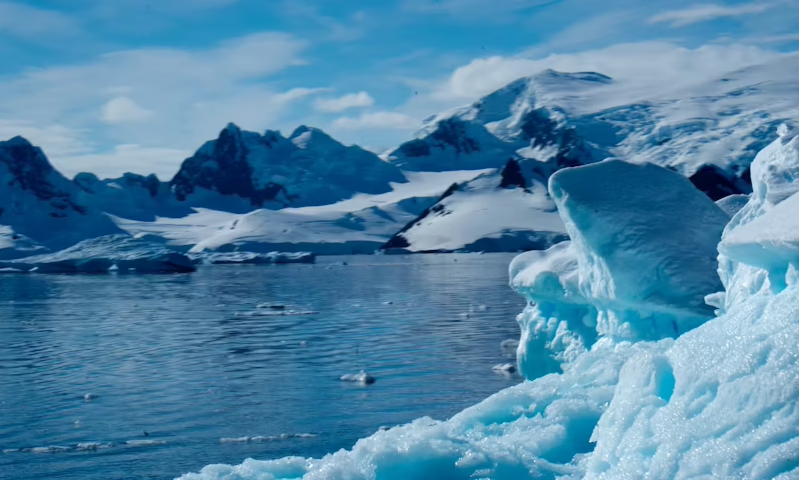The current state of the Arctic calls for immediate attention. The Arctic is warming at a rate four times the global average, and its ice cover is diminishing. Glaciologist John Moore’s research group at the University of the Arctic has identified 61 potential interventions to help reverse Arctic amplification. While geoengineering buys additional time to prevent conditions from worsening, the side effects of these techniques remain unknown and require extensive research to be fully understood.
View More A Glacier’s Cry For Help: Arctic Amplification Concerns RiseTag: Geoengineering
Plan B turned Plan A: Geoengineering To Resolve Climate Change?
Geoengineering is considered a potential solution to mitigate the increasingly severe impacts of climate change. However, due to scientific and ethical concerns, it is critical to approach geoengineering techniques with caution. As a result, the American Geophysical Union (AGU) has unveiled a new ethical framework to help promote responsible and sustainable scientific research.
View More Plan B turned Plan A: Geoengineering To Resolve Climate Change?Spraying the Bay: A Controversy
Geoengineers at the University of Washington may have discovered a way to lower regional temperatures through the use of artificial marine cloud brightening (MCB). The team settled down in Alemade, California to start test runs of their project in early April. However, a lack of transparency on their part may get their research shut down.
View More Spraying the Bay: A ControversySolar Geoengineering Research Moves Forward Despite Pushback
Solar geoengineering research aims to understand the plausibility and possible effects of artificially cooling the Earth. Scientists around the world have vastly different opinions about continuing the research, many stating that it should be banned altogether. As the U.S. heads into the next phase of studying solar geoengineering, concerns loom regarding its possible consequences.
View More Solar Geoengineering Research Moves Forward Despite PushbackEthics of Geoengineering
Until recently, the concept of geoengineering has widely been dismissed as a far-fetched and unethical idea to manipulate the environment. Geoengineering proposals intend to reduce the effects of global warming by manipulating the environment through extracting carbon dioxide from the air or reflecting sunlight to reduce global temperatures. However, as the context of climate change has shifted in urgency, geoengineering has emerged as a potential last-ditch effort to save humanity from climate-induced destruction. Despite its many unknowns and risks, geoengineering might provide a temporary solution to delay the detrimental effects of climate change and prevent the irreversible damage projected by current global warming trends.
View More Ethics of Geoengineering




